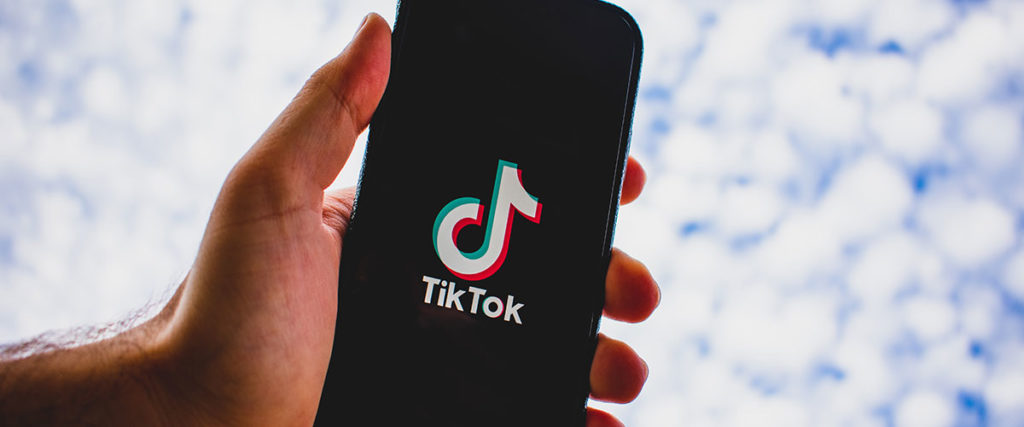Popular Chinese video-sharing platform TikTok is pulling out of Hong Kong markets in the wake of the controversial national security law imposed by the mainland Chinese government, according to an announcement yesterday. The platform did not elaborate on the reasons for its withdrawal.
TikTok will be the first major tech company to cease operations in response to the new legislation, although Quartz has speculated that the major shift comes as an act of self-preservation to avoid a conflict of interest between being compelled to hand over user data to the Chinese government and preserving its reputation of trustworthiness among user bases in the West.
Other global internet giants Facebook, Google, and Twitter have temporarily suspended requests for user data review in Hong Kong, as they continue to evaluate the city’s implementation of the sweeping security law, which targets acts of secession, subversion, terrorist activities, and foreign interference. Communication platforms Zoom, Telegram, and LinkedIn have also followed suit, refusing compliance with authorities’ requests.
TikTok was only recently in the spotlight over allegations of censorship and data mishandling concerns, after hacker group Anonymous targeted the app as “a massive spying operation”. Combined with recent Indo-China political tensions, this has led insofar as to the app being banned in India – its largest overseas market.
Owned by China’s ByteDance, TikTok, which has amassed over 500 million users worldwide, has repeatedly denied such claims, asserting that it “continues to comply with all data privacy and security requirements […] and has not shared any information of our users”. However, the backlash has resulted in a significant drop in ratings on the Google Play Store from 4.5 stars to 1.2. According to Forbes, the ban may cost the company USD 6 billion loss in revenue.
The US is also considering banning the viral app, along with other Chinese social media apps. Secretary of State Mike Pompeo stated on Monday that “We’re taking this very seriously”, comparing TikTok to telecom giants Huawei and ZTE, the latter of which he described as a “danger to American national security”.
US national security concerns regarding TikTok were raised as early as October last year when two senior senators called for an investigation into whether the Chinese government holds sway over the app’s content.
TikTok has been repeatedly criticised for imposing censorship on user content, suppressing or removing content that references Tiananmen Square protests and the Tibetan independence movement, according to the BBC. The platform also admitted last December that it gave less visibility to disabled, queer, and fat creators, according to The Verge. At the height of the BLM protests last month, TikTok apologised for a “technical glitch” that erroneously displayed videos with #BlackLivesMatter and #GeorgeFloyd hashtags with zero views.
Related Articles
HK Markets Flourish, Undeterred by National Security Law
Hong Kong’s Controversial National Security Law Takes Effect
Singapore’s 5G Network Will Be Built By Nokia, Ericsson, Not Huawei





